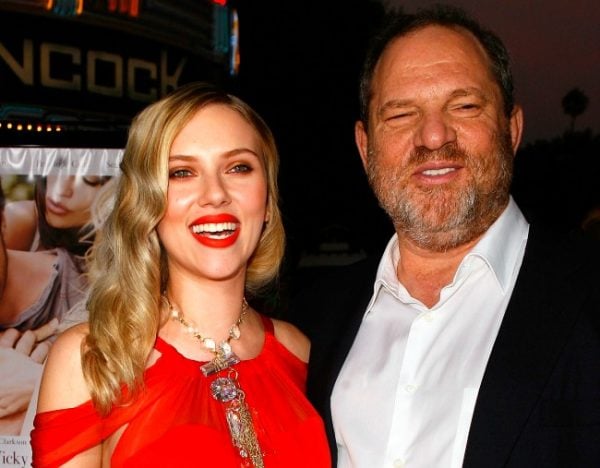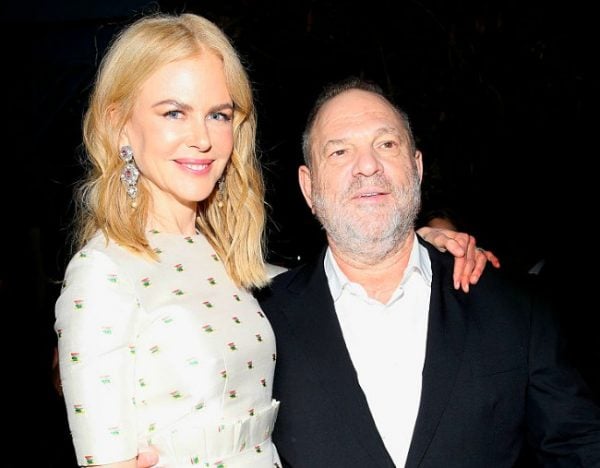Hollywood heavyweights allege producer Harvey Weinstein sexually harassed actresses, his employees and the young women in his professional orbit over decades.
For the last 3o years, Weinstein’s alleged poor treatment of women was, they say, the industry’s biggest “open secret”. But the women who claim to be Weinstein’s victims say he had a choke hold on the story, influential enough to shut down systematic attempts of journalists to report his indiscretions.
Now, after 30 years of speculation, New York Times‘ journalists Jodi Kantor and Megan Twohey finally sent their extensive report live. It was a report countless journalists over the course of many years tried to break themselves. Everyone in the industry knew about the accusations levelled at Weinstein. They weren’t a secret to major news outlets across the industry either.
Women like actresses Ashley Judd and Rose McGowan are now publicly naming Weinstein as someone they claim to have harassed them in the past.
So why did it take so long for the story to break?



Top Comments
Was aware of him as a huge Hollywood powerhouse but there was never anything in the popular press about him - not even being a lowkey family man - so it comes as no surprise it was because it was a huge coverup of him as a predatory sleazoid.
It's such a sad and pathetic stereotype: the fat old powerful white guy who pressures young attractive women into sex through the lure of a 'leg up' in Hollywood.
It must be so embarrassing to be outed doing this.
Apparently a number of the "Fappening" nude and explicit celebrity photo leaks are attached to recent stars made on the casting couch with him and other Hollywood Executives. A lot of them got very famous very suddenly I notice.
Oh, I'd not heard that. That is absolutely disgusting. And I'm appalled that I can so easily believe that.